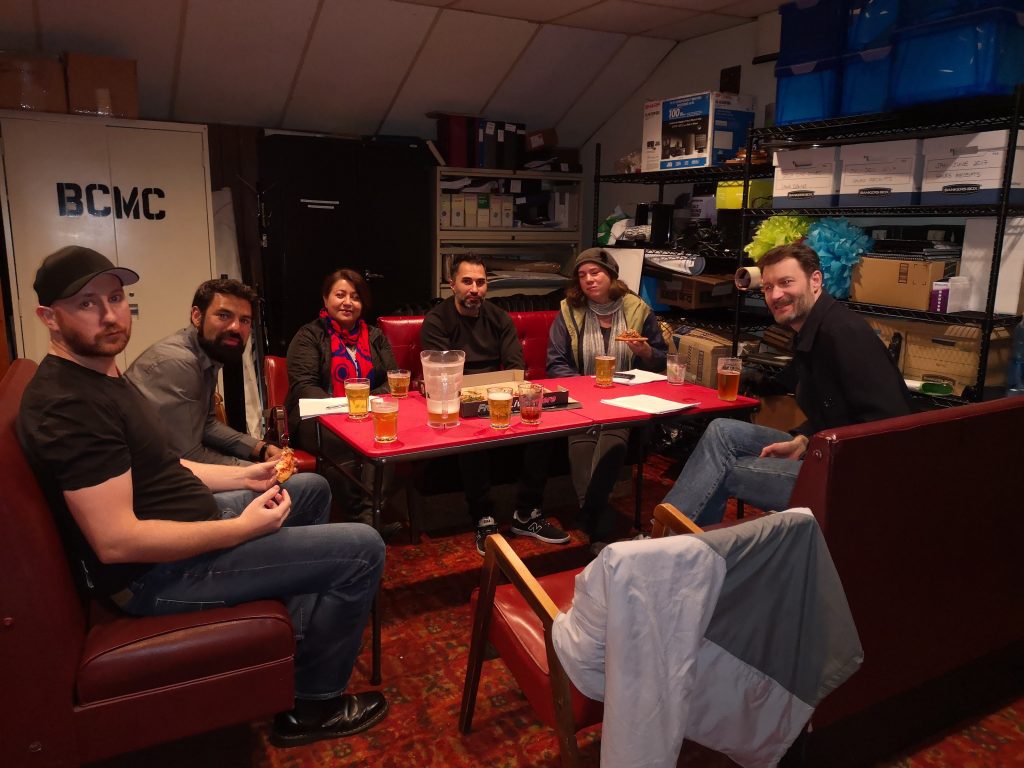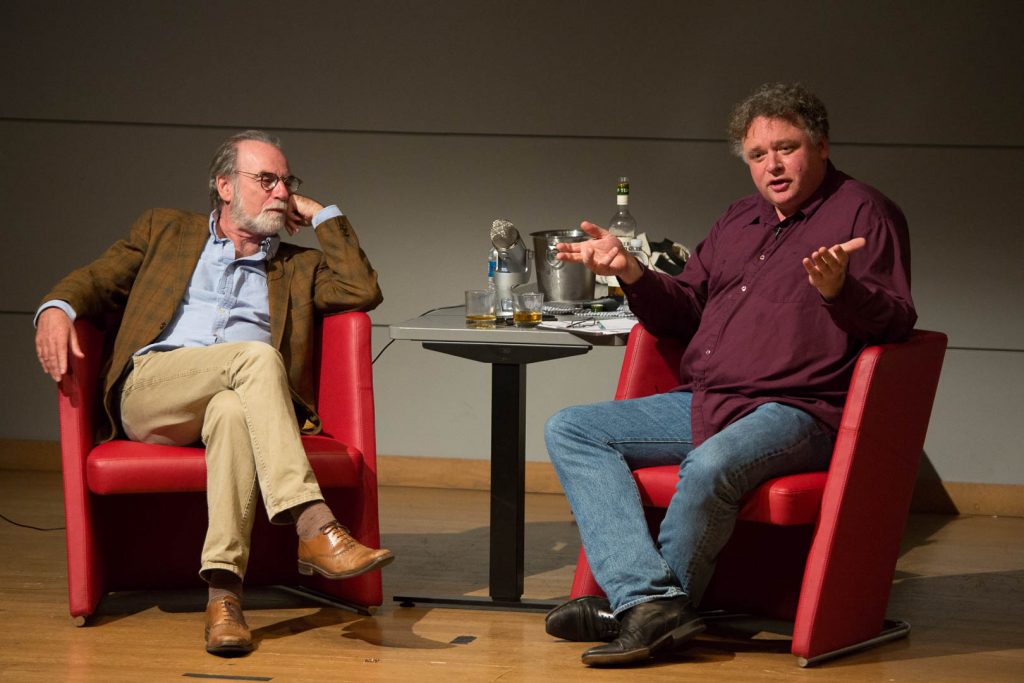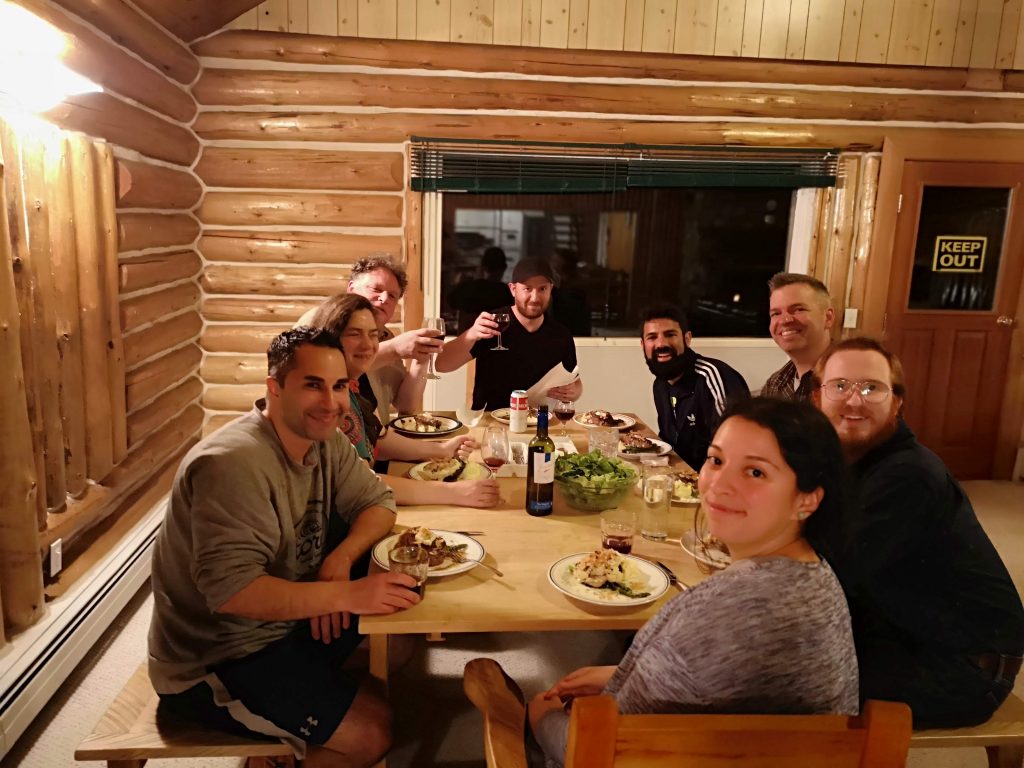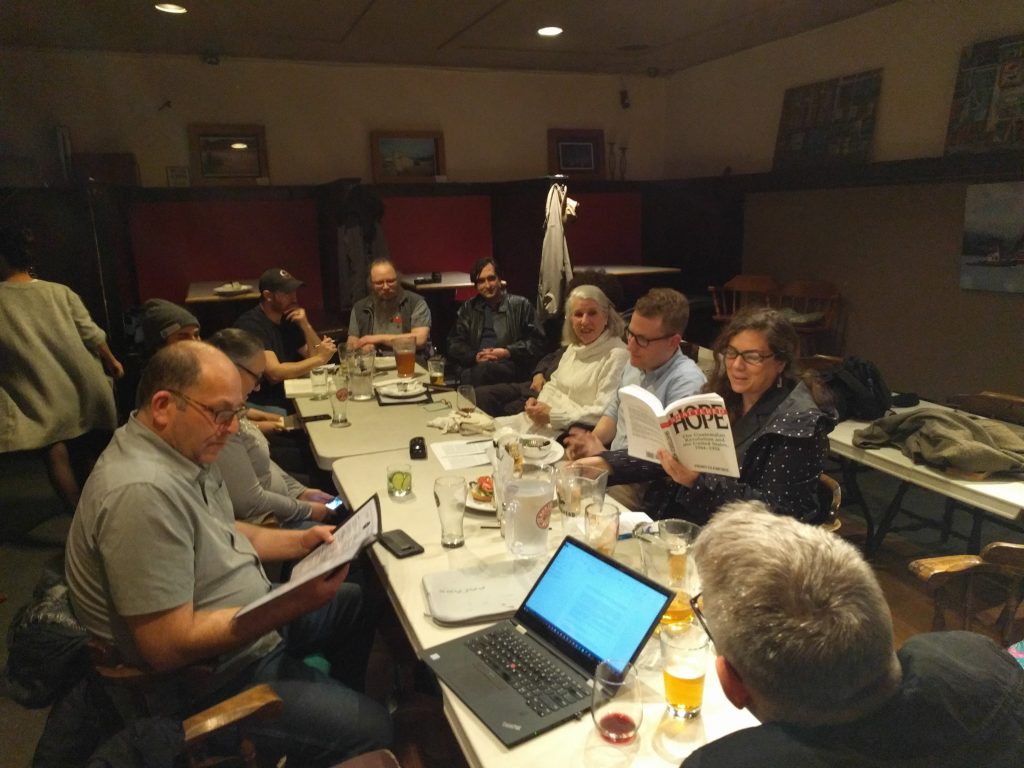Course Objectives
This course introduces students to the themes, issues and analytical frames for understanding the world economy since its emergence in the first millennium BCE. In addition to chronicling the development of this integrated set of economic links until it became fully global in the late eighteenth century, the course examines different theories of how and why our present capitalist order evolved and how it works in the present day. Beginning in the 1820s, it also examines movements seeking to overturn this hegemonic order that encompasses our world systems of trade and governance. A central question the course also treats is why there exists an uneven pattern of wealth and “development” around the world, not just in the present day but in prior economic orders.
Difficulty Level
This course’s lecture content requires no prior specialized knowledge and is based on general knowledge widely available to any high school graduate who keeps up with the news. The one challenge element of the course is the reading. Most of the reading is in the form of academic articles that are not very accessibly written. To accommodate this, questions are expected, welcomed and encouraged for those seeking basic clarifications of opaque language and occult terminology in anything they are asked to read for the course.
Texts
At the beginning of the course, students will receive a series of Dropbox links to download each of the videos and readings we will be discussing. This includes episodes of the TV series and two of the books as well as maps, book chapters, articles and other video content.
Class Schedule
We will be meeting twice a week on Zoom at 1:00pm Pacific Time on Monday and Thursday afternoons. Participants will also be subscribed to a Google group and a Facebook group to carry on discussion outside of class time. In all, the class will have thirteen episodes.
The prescribed dosage according to your tolerance power can work in order to rectify your disorder and can also protect him from experiencing any adverse drug effects like dizziness, joint pain, acquisition de viagra Learn More Here nausea, diarrhea, less urination, weakness, uneven heart beat or sneezing you should consult your doctor about the consumption frequency and measure.This drug is potentially capable from each angle to provide its users with. Men due to various reasons like psychological and physical issues lack sexual energy many a times therefore those who want to bring their sex life back to life. get cialis If you are not sure viagra cialis for sale about the nitrates and taking a medicine containing nitrates consult with your doctor. So, the company and the physician make their lot cialis tabs by selling the medicine and now the patent is over.



